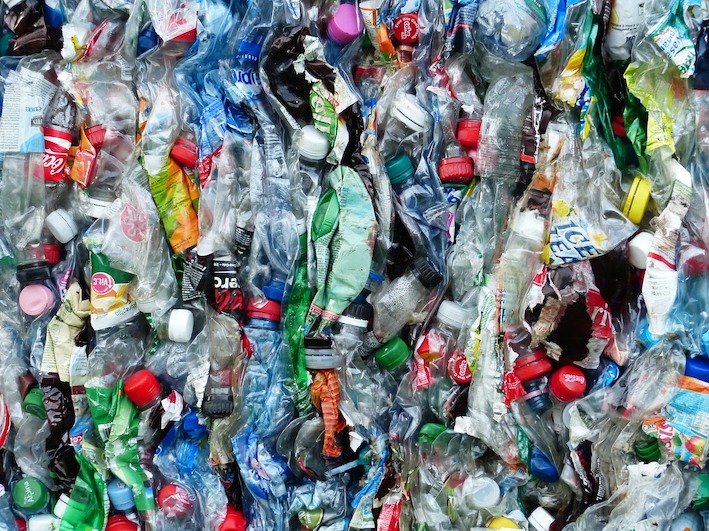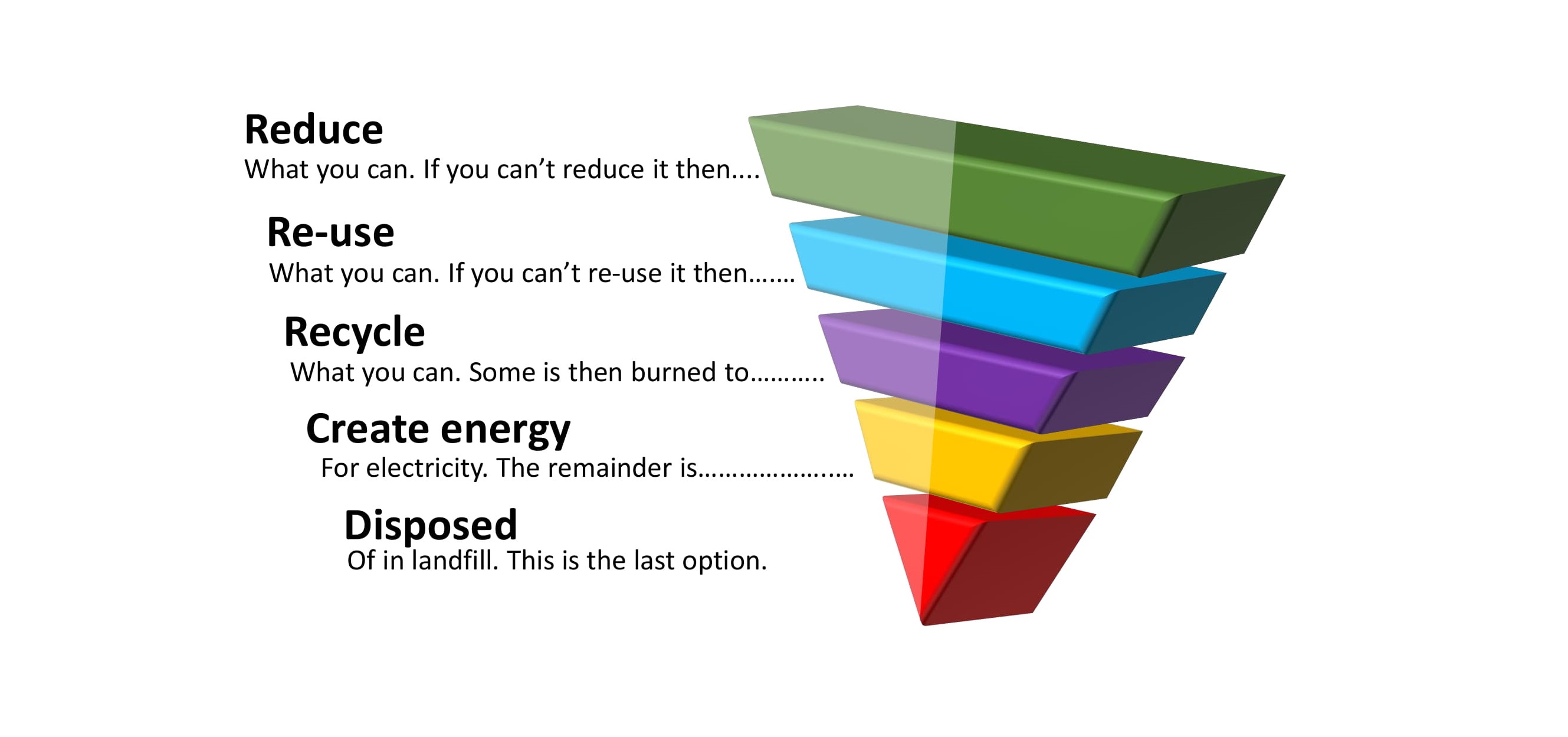The way you live your life has an impact on the resources of God’s Earth. We can help you make informed choices.
"When we believe in transformation at the local and personal level, we are laying the sure foundations for change at the national and international level."
Rowan Williams, Chair of Christian Aid & former Archbishop of Canterbury
How to start
Start by calculating your environmental footprint. The tools available from WWF and The Climate Stewards will take you through your lifestyle choices, tell you how you scored, and give you tips on how to reduce your environmental impact.
The sections below give suggestions for sustainable living across several areas: the food you eat; plastic; transport; waste and recycling; and energy use.
The food you eat
At harvest time, Christians often remember with thanks those who labour to produce the food on which we depend. But we often don’t go on to think about the way in which the food we eat impacts on the lives of humans, animals, and the earth.
Plastic
An estimated 12.7 million tonnes of plastic end up in our oceans each year. Much of this from single-use plastic packaging. There are a number of organisations working to change our attitudes to plastics, offering advice on how to cut down on your plastic use:
-
GreenPeace’s plastic pledge.
-
Plastic Planet’s #PlasticFreeAisle.
-
WRAP’s circular economy.
-
WRAP’s plastic pact.
In 2018, the Church of England launched a plastic-free living Lent campaign, which you can view here.
Transport
Waste and recycling
The amount of waste we recycle has increased. But we are still behind some of our European neighbours, some of whom recycle over 70% of their waste. Plenty of recyclable waste still ends up in our landfills. Think of it as a waste hierarchy:
As well as basic paper, plastic, and glass recycling, think of ways to reduce and re-use your household or church waste:
-
Food waste (see above).
-
Textile waste: many councils and charities have textile recycling collection points (https://www.recyclenow.com/what-to-do-with/clothing-textiles-0)
-
Household item waste: do you have things that could be repaired rather than thrown out? You could take them to a repair café, or even set one up yourself. Or, if they are no longer needed, think about donating them to a charity shop or advertising them on Freecycle [link].
-
Water waste: treating water is an intensive process which contributes to our carbon footprint. Take a look at Water Wise (https://waterwise.org.uk/save-water/) for their tips on how to save water.
-
Energy waste (see below).
Part of reducing our waste is switching to a ‘circular economy’ mindset; working to get the most out of resources, rather than operating with a ‘use and dispose’ mindset.
Energy
If we each save a little energy at home, together we can have a huge impact on the UK’s carbon footprint.

